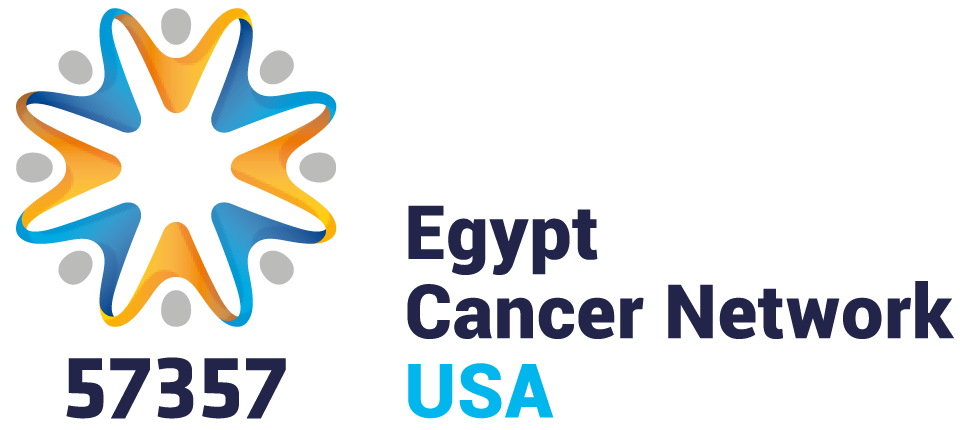The Hospital Lab receives a donation of the latest technology flow cytometry equipment, one of the tools of identifying Minimum Residual Disease.
The new 10 color technology secures maximum precision and accuracy in identifying residual cancer cells and as well it detects all the different kinds of modifications of these cancer cells.
Minimal residual disease (MRD) is the term we give to small numbers of leukemia cancer cells that remain in the patient during treatment or after treatment when the patient is in remission.MRD is the major cause of relapse in cancer and leukemia. Not too long ago, none of the tests used to assess or detect cancer were precise enough to detect MRD. Presently, however, very sensitive tests are available. These can measure very small levels of cancer cells in tissue samples, sometimes as low as one cancer cell in a million normal cells. One of the tools of testing is the use of the flow cytometry equipment. Thanks to constant donors support to the Hospital, our labs have received the latest version flow cytometry equipment, the FACS CANTO II 10 COLORS with Auto Loader. The first ever in Egypt, the new equipment which carries four more colors than the previous one will secure maximum precision and accuracy in identifying residual cancer cells as well as it detects all the different kinds of modifications of these cells
For the sake of maximizing the outcomes of our children with cancer who are mostly hit by leukemia, MRD testing is most significant in determining whether treatment has eradicated the cancer or whether some cancer cells remain, comparing the effectiveness of different treatments, and observing patient remission . But most essentially, it is important for detecting recurrence of the leukemia or cancer, and choosing the treatment that will best meet those needs.
It is noteworthy that Hospital 57357 carries out more than 50% of flow cytometry tests run annually all across Egypt.

.



 Donate Now
Donate Now

